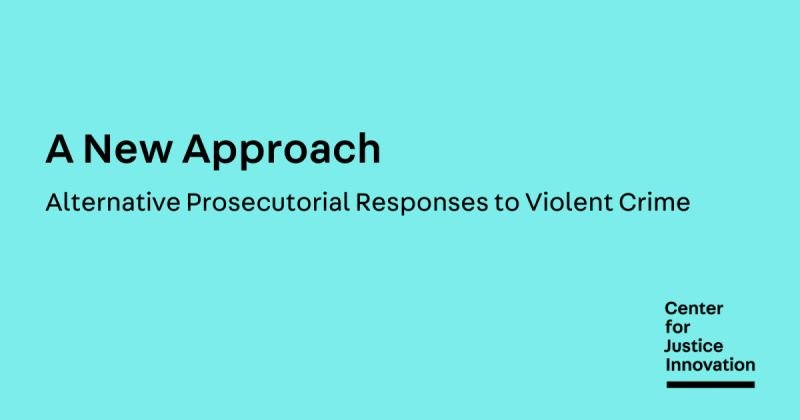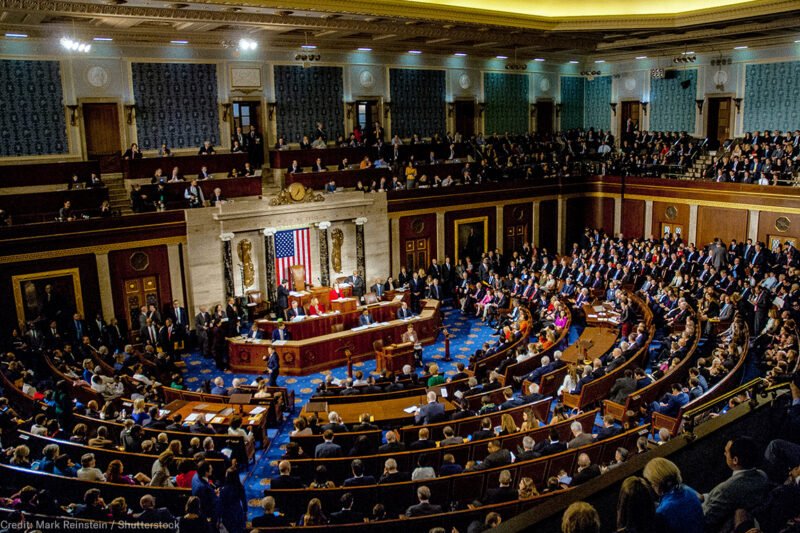By Lore Joplin, Justice System Partners, Maureen McDonnell, , et al.
In January 2023, California became the first state in the nation to receive approval from the federal Centers for Medicare and Medicaid Services (CMS) for a Medicaid Section 1115 demonstration request to amend Medicaid’s inmate exclusion. People detained in jails and prisons have high rates of chronic and acute health needs, including physical, mental health, and substance disorders and reentry is a high-risk time. A key to addressing these reentry risks is addressing people’s health needs while they are incarcerated and building continuity of care from jail to community when they are released. California’s waiver, called California’s Advancing and Innovating Medi-Cal (CalAIM), and the specific component focused on individuals who are transitioning out of the criminal justice system, the Justice Involved (JI) initiative, will for the first time provide a targeted set of Medicaid-covered services right before someone is released from prison or jail. These services aim to smooth reentry transitions from jail and prison to the community, establish better connections to community-based providers at release, and enhance access to necessary care and support. California’s approach is designed to reduce the high risk of post- release mortality, morbidity, and other adverse outcomes, including repeat contact with the criminal justice system, by bringing Medicaid financing and coverage standards to bear. The work to implement California’s waiver and make these changes a reality is demanding, involving multiple partners at the state, county, and local level who have not previously worked together at this level of vital cross-system collaboration. Implementation of these changes is well underway, and county-level changes will roll out over the next two years, starting in October 2024. This paper highlights California’s implementation approach, focusing on the county-level impacts on jails, health care providers, and reentry processes. It also explores several implementation challenges and the steps the state and the counties have taken thus far to implement this change.
Safety and Justice Challenge. Org: 2024. 42p.








